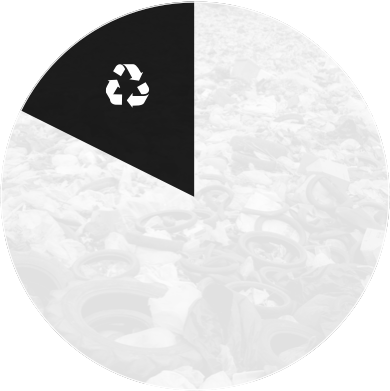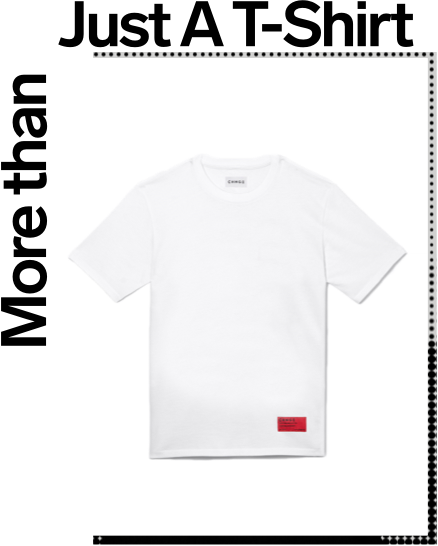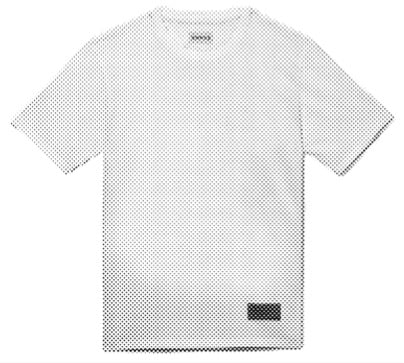The Current Problem in the Fashion Industry
The fashion industry is the second largest consumer of water and makes up over 10% of global carbon emissions. Fashion puts a huge strain on our resources. 3,430,000,000,000 pounds of carbon dioxide are released into the atmosphere every year because of the production of clothing. Only the oil and gas industry exceeds this amount. The unsustainable nature of fast fashion contributes to mass textile waste, unnecessary overconsumption, and a rapid depletion of natural resources. When buying new clothes, it’s imperative that we consider the environmental impact of the fabrics we choose and the supply chain ethics of the brands we decide to support.
TEXTILE WASTE

- 80%
- of all clothing produced ends up in incinerators or landfills
- 20%
- of textiles are recycled globally.
OVERCONSUMPTION
As a society we purchase 400% more clothing today than we did just 20 years ago.
Total Clothing
Consumption
in 1994
Total Clothing
Consumption
in 2020





